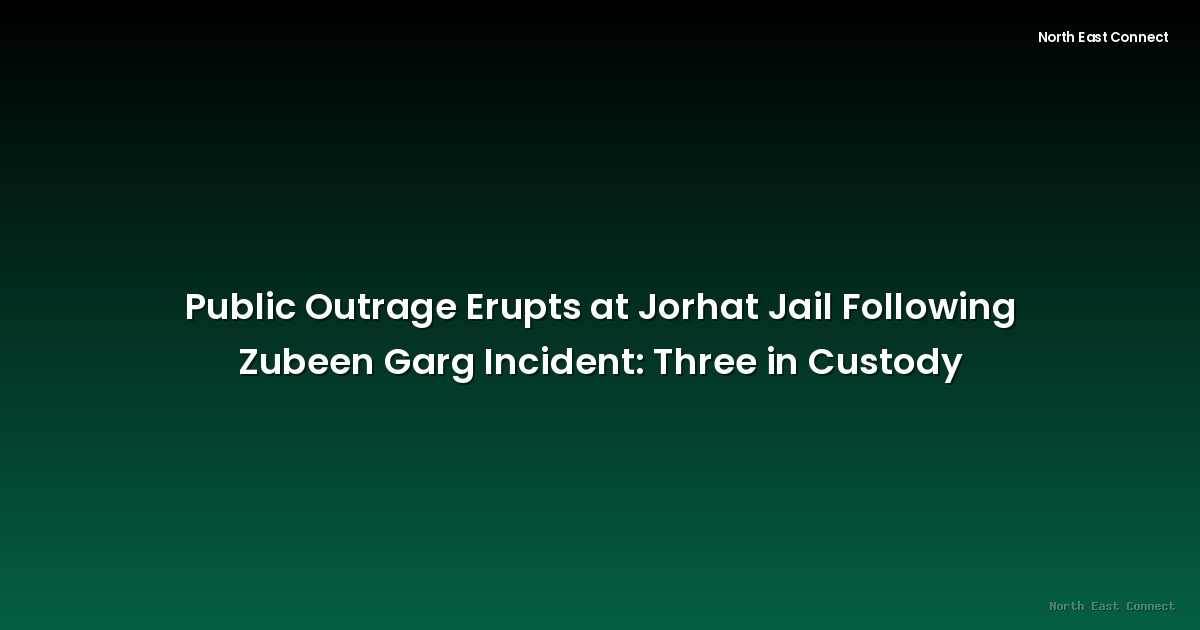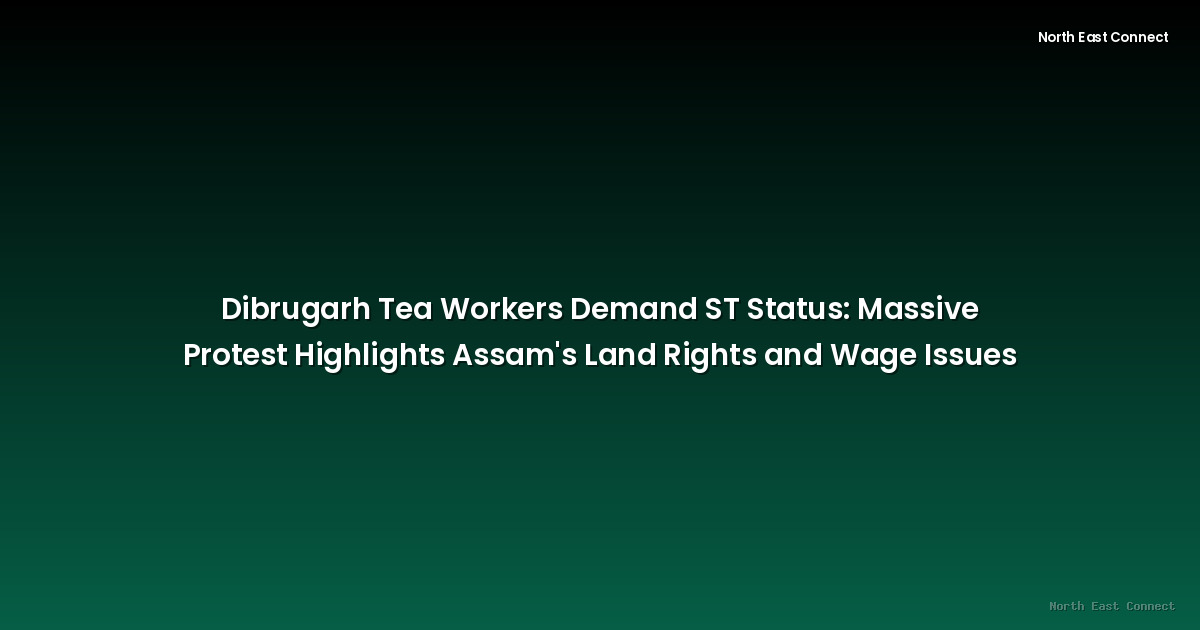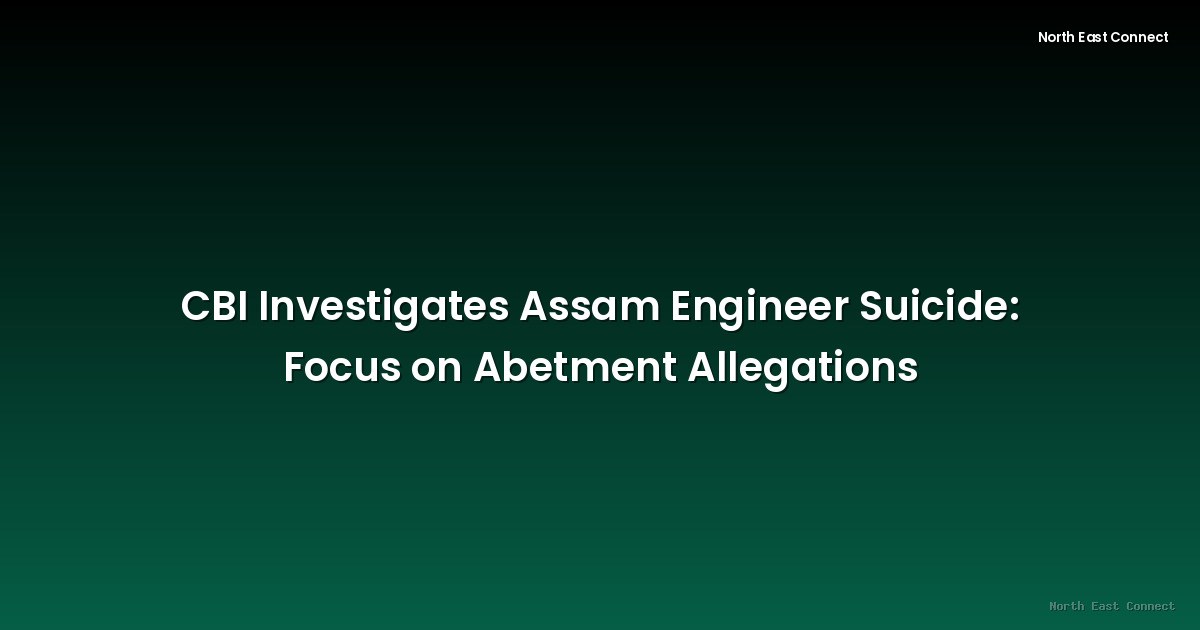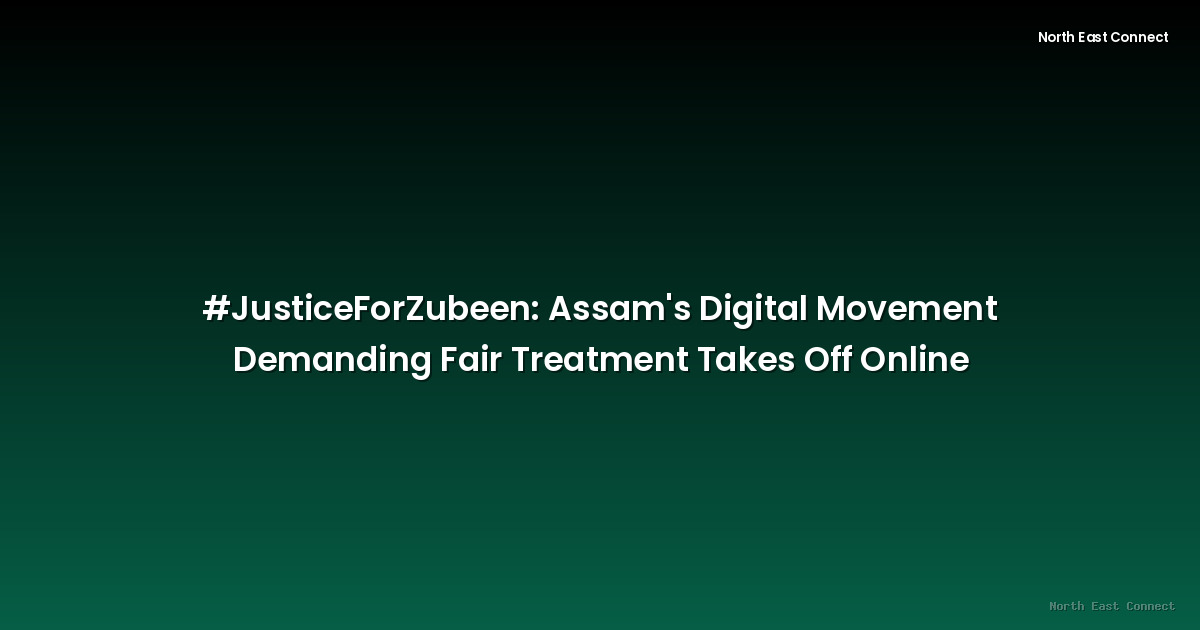2025-08-08 · News
Assam's Rising Communal Rhetoric: A Threat to Democratic Stability?
Assam, a state known for its rich cultural diversity, is witnessing a concerning rise in communal rhetoric. While the state has historically navigated complex ethnic and religious dynamics, recent events suggest a potentially destabilizing trend. This article analyzes the nature of this rhetoric and explores its implications for the state's democratic stability.
The recent surge in communal statements, often disseminated through social media and amplified by certain political actors, has fueled anxieties amongst various communities. These pronouncements frequently target minority groups, employing inflammatory language and unsubstantiated claims to incite division. Such rhetoric, whether originating from political campaigns, public speeches, or online platforms, erodes social cohesion and creates a climate of fear and suspicion.
This inflammatory discourse often revolves around issues of citizenship, land ownership, and cultural identity. The complex history of migration in Assam has made these topics particularly sensitive, with differing narratives and interpretations often exploited for political gain. The deliberate manipulation of these pre-existing tensions contributes to an atmosphere of distrust, hindering constructive dialogue and cooperation between different communities.
The impact of this communal rhetoric extends beyond mere verbal exchanges. There are growing concerns that such inflammatory language could inspire acts of violence or discrimination against minority groups. Furthermore, the creation of a polarized social environment discourages open political participation and weakens democratic institutions. A climate of fear can suppress dissent, limit freedom of expression, and undermine the ability of civil society organizations to act as checks on power.
The state government’s response to this escalating rhetoric is crucial. While it's necessary to uphold freedom of speech, it's equally important to take a firm stance against hate speech and incitement to violence. Effective mechanisms to address such inflammatory rhetoric, including legislation and law enforcement measures, must be put in place. Simultaneously, promoting inter-community dialogue and understanding, emphasizing shared values and common goals, are critical to counter the divisive narrative.
Education also plays a vital role. Efforts to promote a more inclusive curriculum, focusing on shared history and cultural appreciation, are necessary to foster understanding and tolerance between different communities. Furthermore, strengthening media literacy is crucial to combat the spread of misinformation and hateful propaganda.
Addressing this challenge requires a multi-pronged approach. Civil society organizations, community leaders, and religious figures must actively promote peace and harmony. The media needs to play a responsible role in reporting on sensitive issues, avoiding the amplification of biased or inflammatory content. Finally, the judiciary must be vigilant in upholding the rule of law and protecting the rights of all citizens regardless of their background. Only through a concerted effort to counter the divisive rhetoric and promote understanding can Assam maintain its democratic stability and ensure a future of peaceful coexistence for all its citizens.







